EXCLUSIVE INTERVIEW: Peter Høeg: "There was no bottom, only eternal falling"
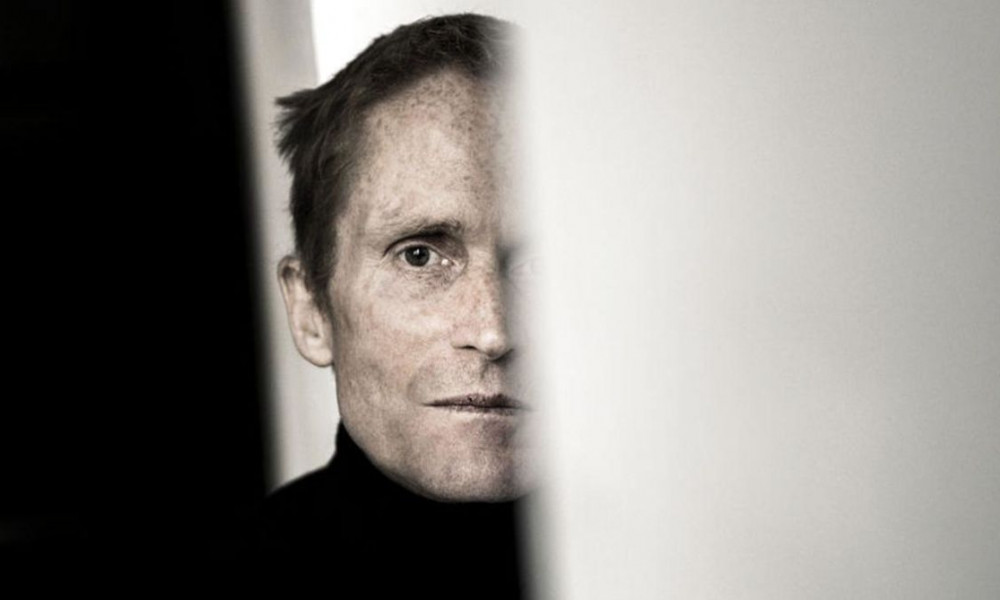
It is said that Danish aesthetics respect three prominent personalities, such as the famous storytellers Hans Christian Andersen, existential philosopher Søren Kierkegaard and all in all, Peter Høeg, the author of touching novels ‘Quiet Girl’, ‘Miss Smilla’s Feeling for Snow’, ‘The Woman and the Ape’, ‘The Borderliners’, etc.
- Could literature make a person kinder?
- Well, I think literature is a beautiful piece of art but it cannot give people anything more than experience. Only experience cannot change your life. Reading books or fictions is not enough to accomplish the deep transformations in society, in human beings. But, maybe, some literature can make an influence at that transformation. If young people or children asked me (actually, they don’t but let’s imagine) what can we do to improve the world, I would answer: try to be kind to all the human beings. That’s much more powerful than the literature. The practice of treating other people with kindness, meeting them from the heart can establish deep transformations.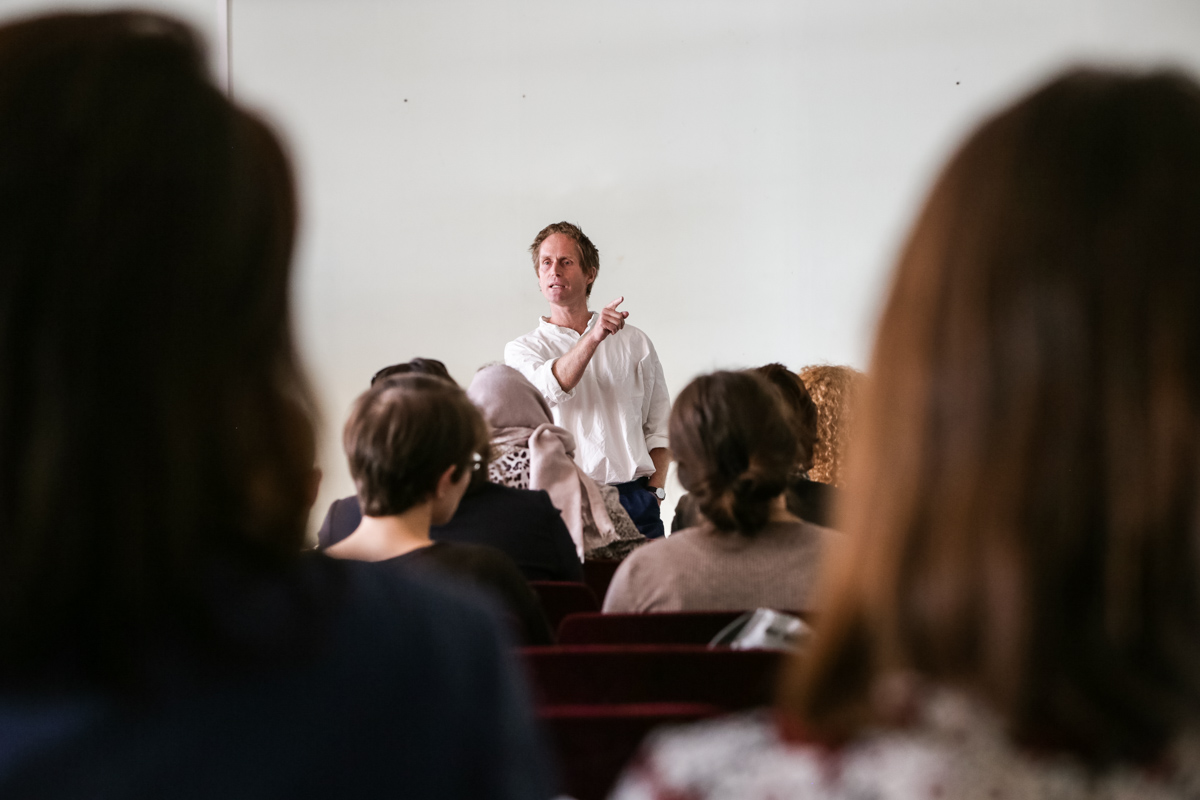 Photo english.spbu.ru
Photo english.spbu.ru
- There was quotation in your novel ‘Quiet Girl’ that seemed so breath-taking: ‘The prayer is born when a person has not yet fallen on the bottom but does not ask God for anything anymore’. Your literature is known for its lyrical meditational references. How did the concept of prayer appear on the pages of your books?
- I guess it might be one of the characters in the novel who said it. But as there are so many characters and ttheir lives constantly intersect, this phrase reflects the common ideas of the narration. There is a strong interest towards spiritual understanding of life that penetrates all the text. Where does it come from? I am interested in meditation. I work over spirituality with one of the goals as the quality of inner silence. In my novels I look for the images with inner silence. Sometimes I use snow (as in the book about Smilla) while in ‘Quiet Girl’ I used music. Also, I had used different images always trying to find the way to describe the door which leads to other reality or deeper quality of the heart. That’s what I am looking for to portray.
See also: EXCLUSIVE INTERVIEW with film director Doron Paz
- You talked about the practice of meditation. How does it help you in writing books?
- I am sure that my experience of meditation does not differ from the one described by different artists. I read that many actors, writers and musicians used meditation in order to stabilize the mind and release creative energy, enter the creative flow, and simply become stronger. I feel good when I meditate before I start writing, it helps to create. I always meditate in the morning, then I write, and after that I meditate again.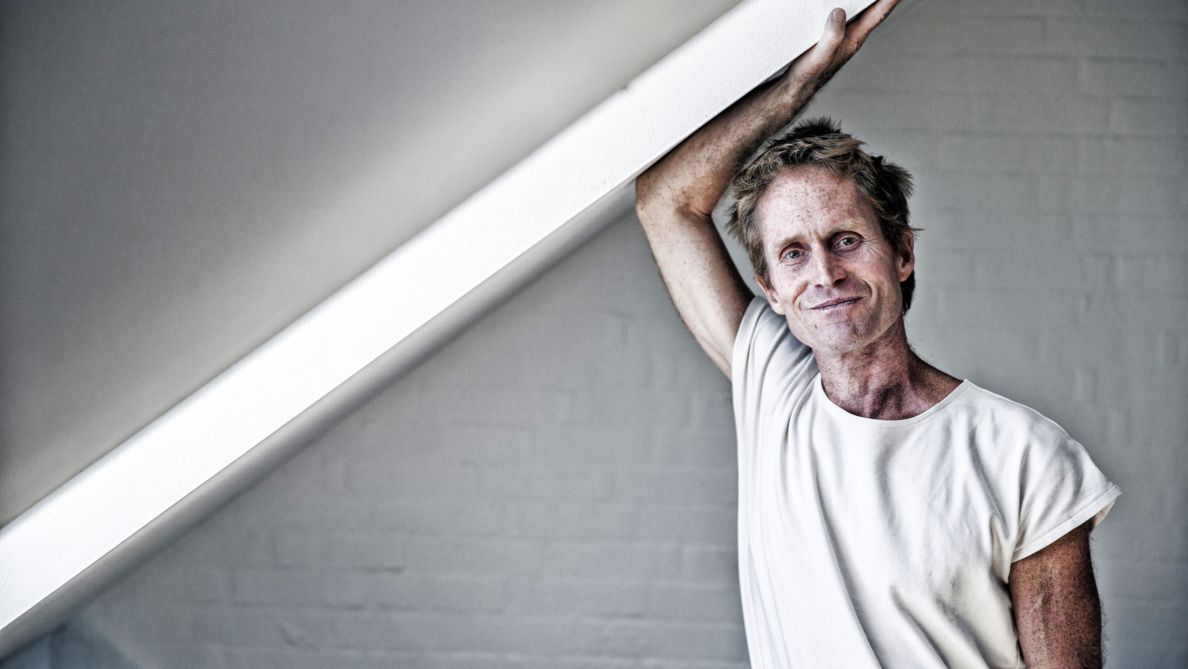 Photo berlingske.dk
Photo berlingske.dk
- In the novel ‘Miss Smilla’s Feeling for Snow’ you say about the betrayal. The child was betrayed, and then died; then the main character passes through betrayal, disappointment in people and miraculously survives. Why do people betray each other?
- For the last twenty years I made nearly 400-500 interviews but nobody had ever asked me that question. What comes to my mind is that the theme of betrayal which is in all the history of literature is very important. Let me tell you where I think it comes from. It harkens back to the fact that we are very often as human beings betraying ourselves. All humans are born with the deep capacity for treating other people good, and when we move away from that capacity, when we struggle too much for fame and money, or we are carried away by our ego. In fact, we betray ourselves. We betray sincerity and innate wisdom. So the essence of any betrayal is that knowing how to act according to conscience, we are always choosing an easier way.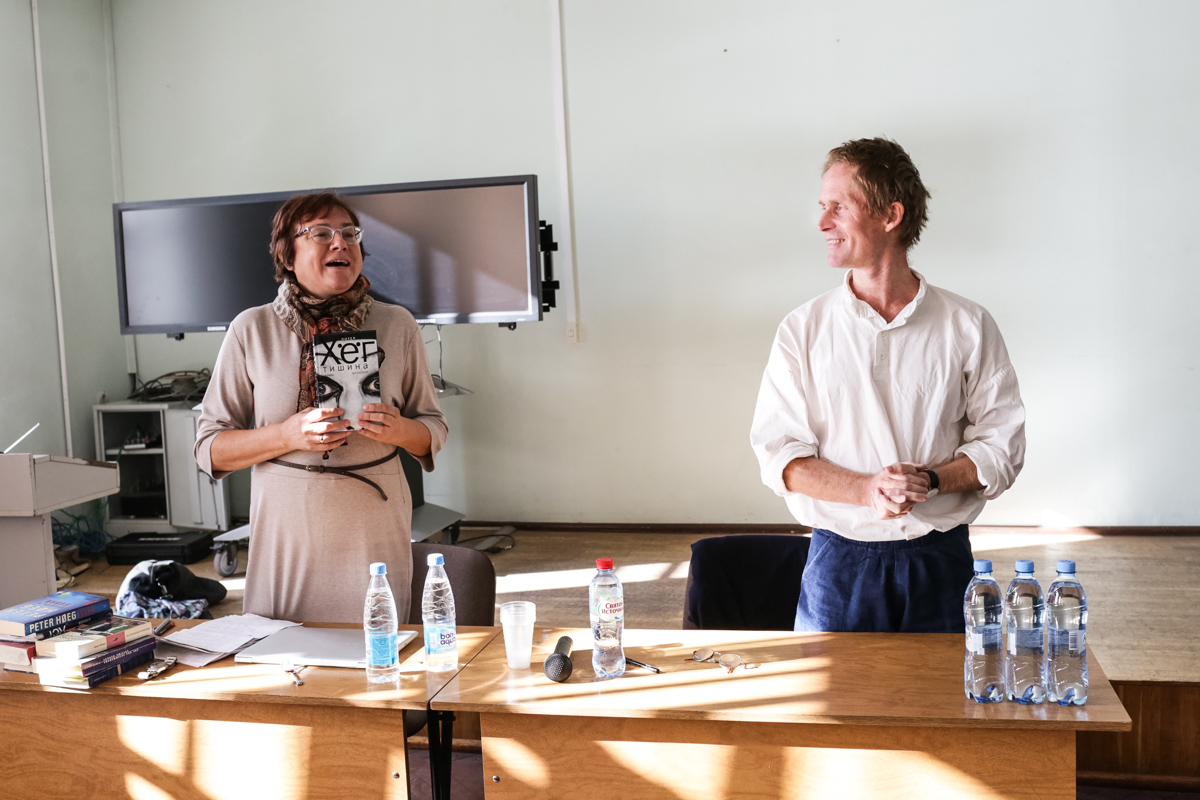 Photo english.spbu.ru
Photo english.spbu.ru
- In novel ‘Borderliners’ there is a quotation: ‘Growing up means first of all to forget, and thereafter disown what was important when you were a child’. How to cure the traumas of childhood?
- In order to work out children's injuries, you need to look into their eyes. We humans are trying to escape from pain. But first it must be admitted: yes, I suffered when I was a child, and this experience lives in my soul. Then try to forgive yourself, if possible, and also to forgive those who did wrong with you. After that, do something good for others. In addition, modern psychology and psychotherapy offer many useful tools. Therapy can heal the wounds that each of us receives when we move from childhood to adulthood.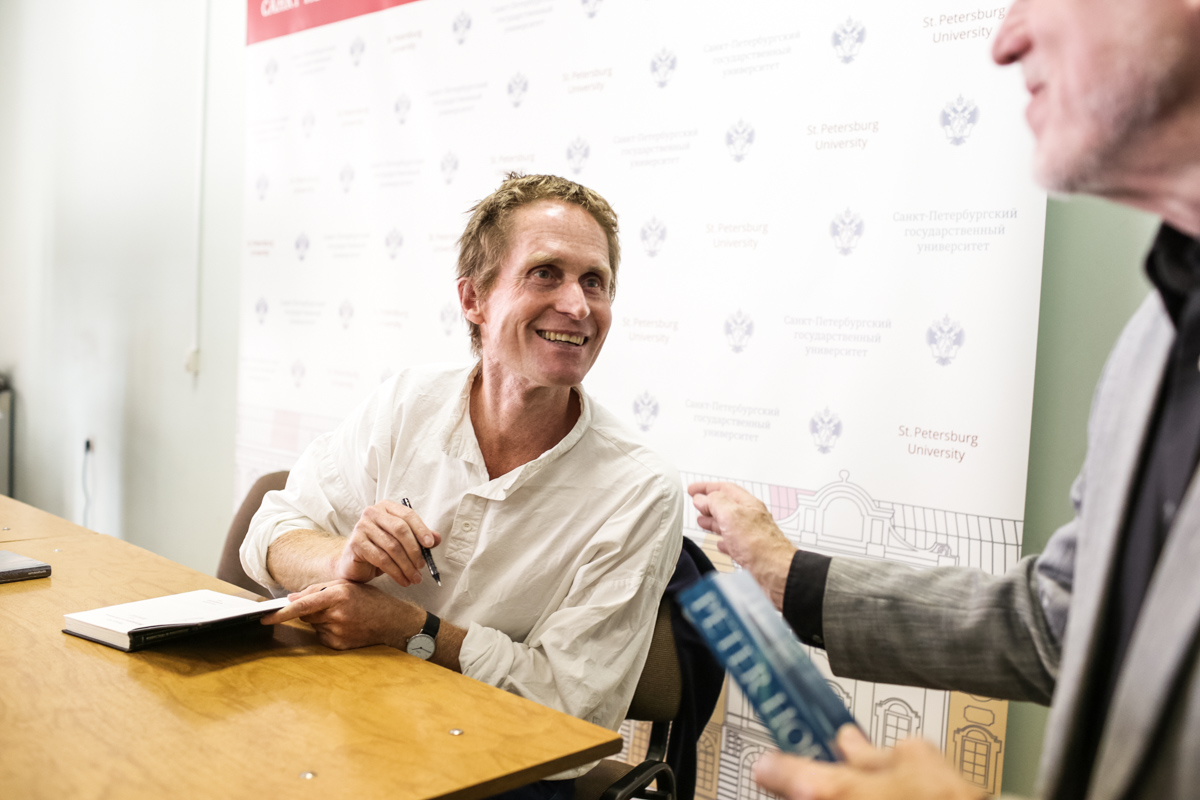 Photo english.spbu.ru
Photo english.spbu.ru
- Today there are different practices that help to develop creative potential. Is it possible for everyone to awaken the creativity?
- I am not an expert, and I basically have my own experience. I also teach creativity now. There are people who are able to feel what happens in the world and transform any experiences into the piece of art. They talk about the mysterious source of creativity, but do we really need to put a name on it? Somebody called it God, openness, or mystery. Some human beings are born with this inner capacity. I myself prefer not to put a label on it because if I say divinity or Buddha, then I will exclude people of other religions or traditions. I think that every human being is born with creative potential, and the artist is not different from a normal person. They just have stronger edge or needs to cultivate the society. Depending on which culture and religion they come, they call the source from which creativity flows different names. So, I think, in this interview let’s call it inexplicable openness from which all the richness of life flows. Could you accept that?
Cover photo berlingske.dk





















